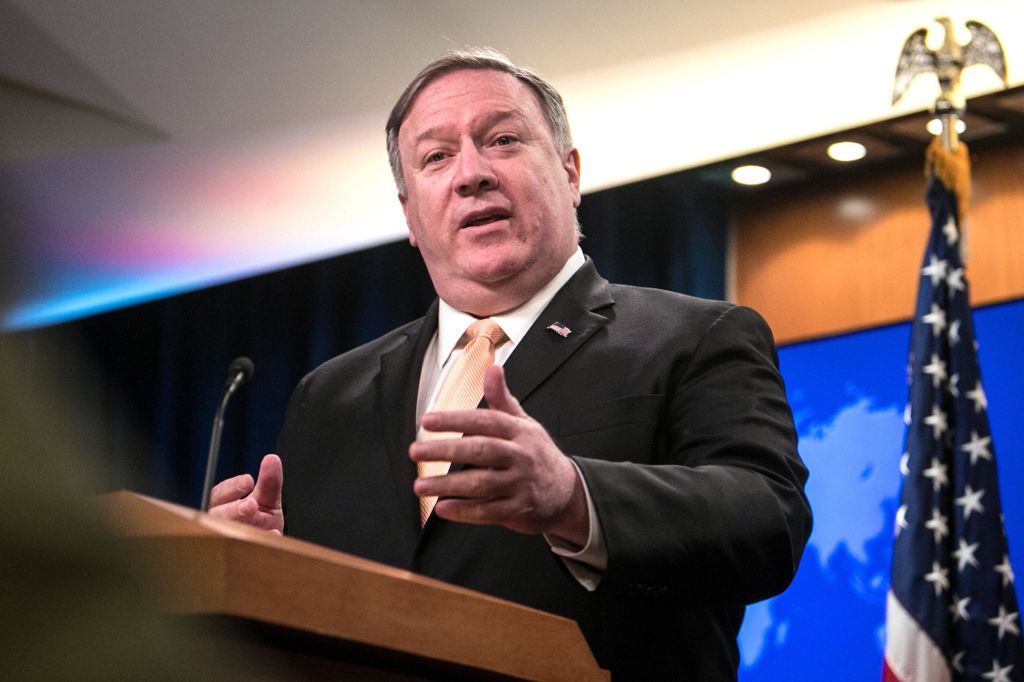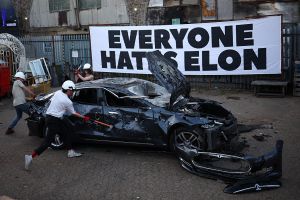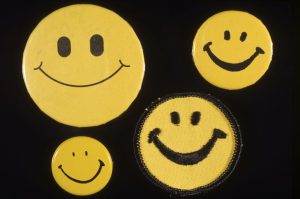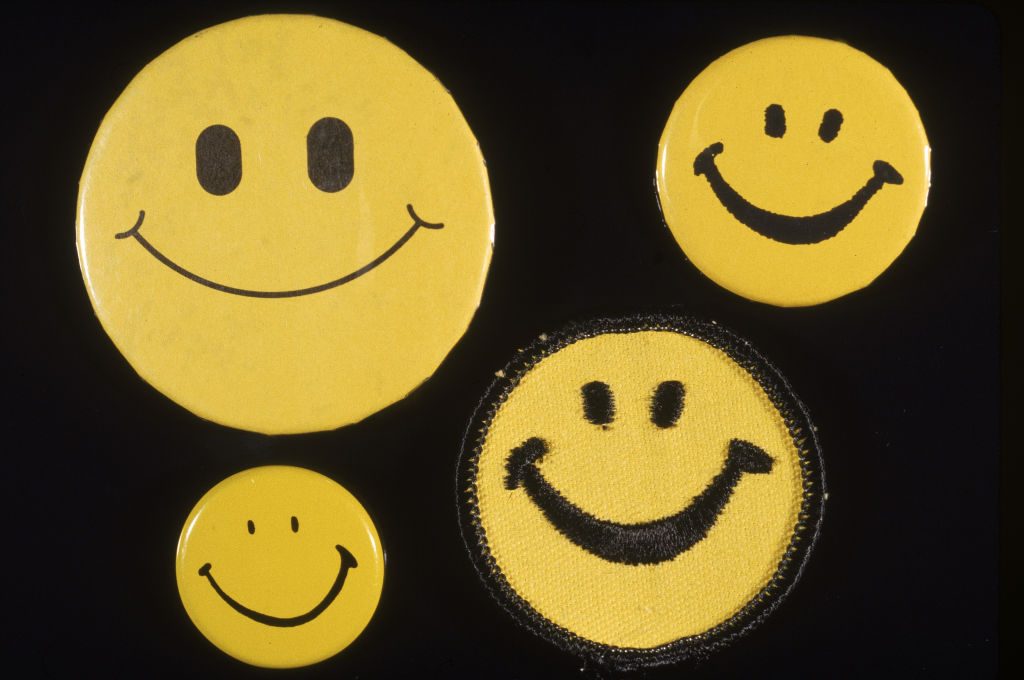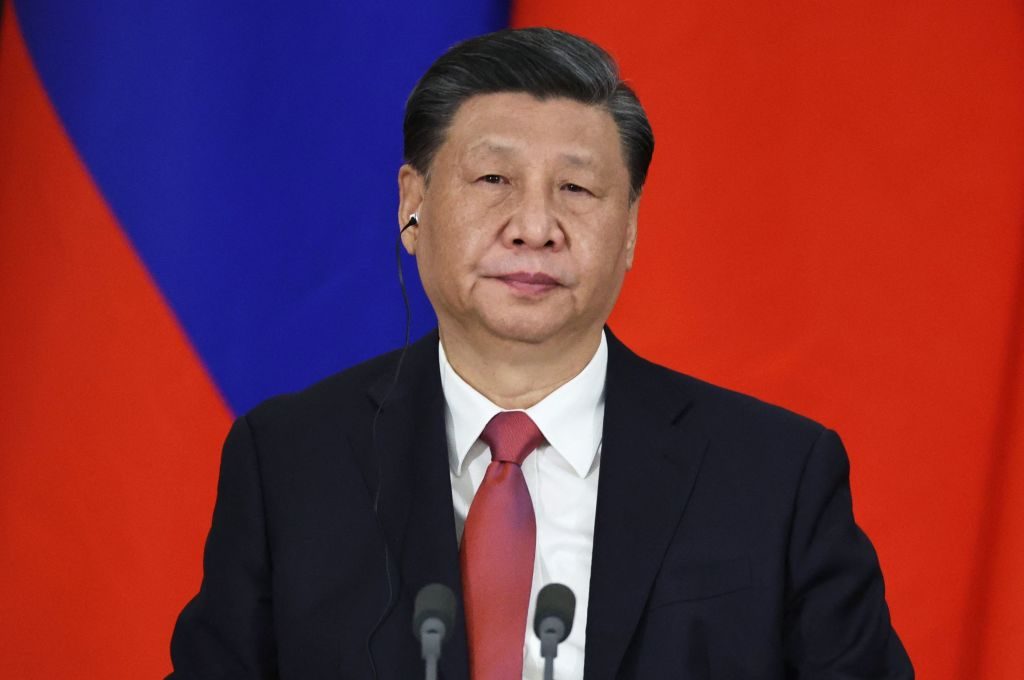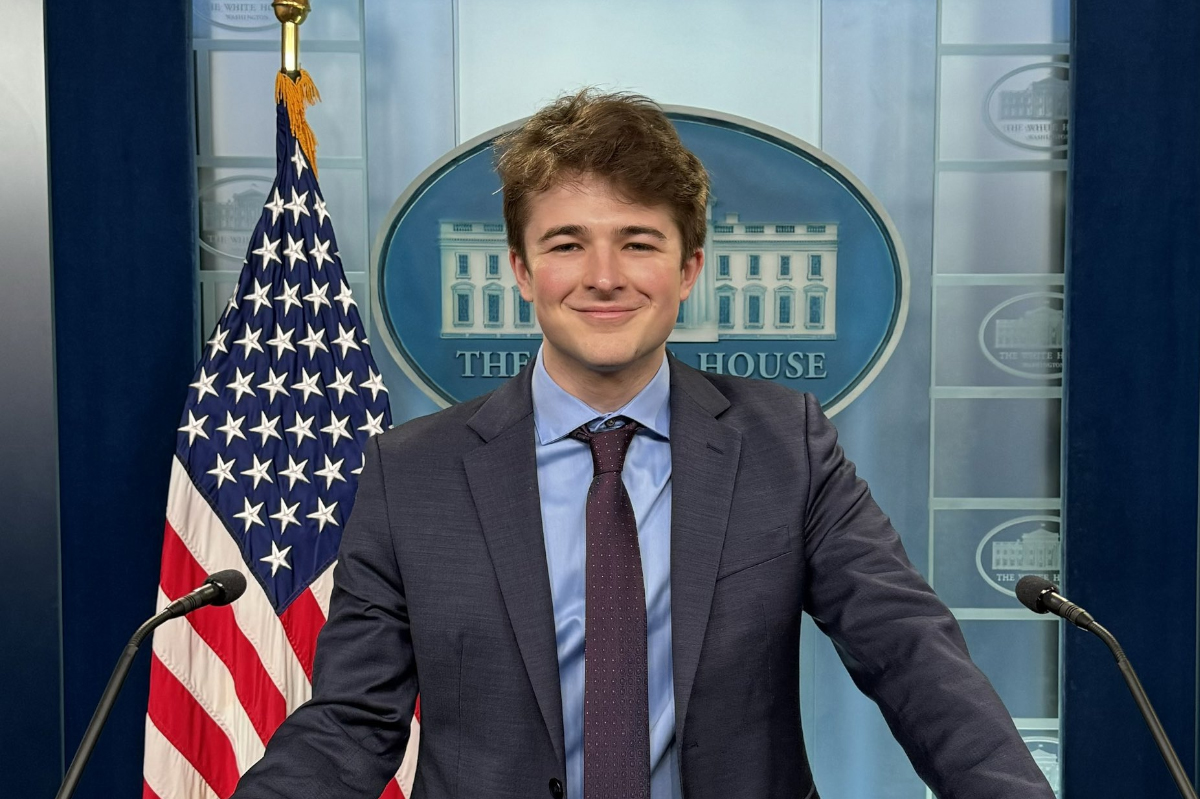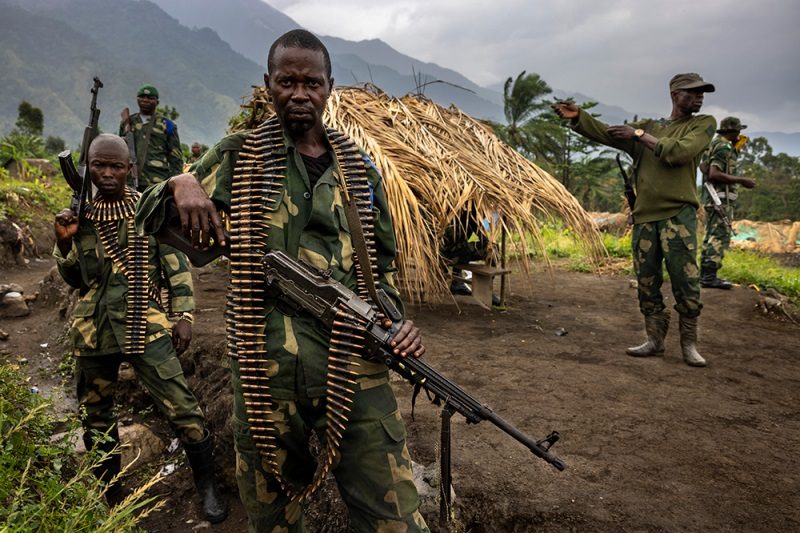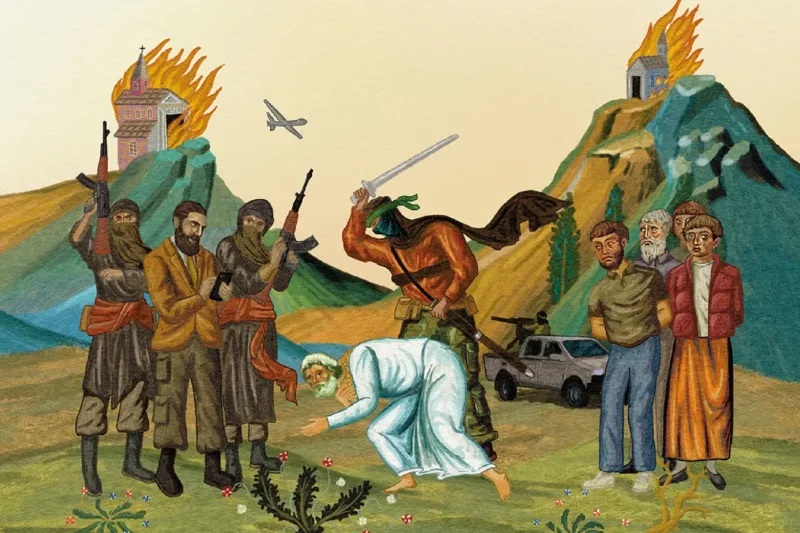After years of Obama-era State Department obfuscations and Orwellian redactions, it was heartening to hear Secretary of State Mike Pompeo lay the blame for the ‘horrific wave’ of bombings at international hotels and Catholic churches across Sri Lanka on Easter Sunday where it belongs: at the feet of ‘Islamic radical terror.’
Pompeo stated at a press conference Monday that ‘radical Islamic terror remains a threat’ and that the US, along with international partners, is working against the ‘evil’ of ISIS, al-Qaeda, and other radical Islamist groups.
That’s a far cry from the antics of the State Department under Obama.
Remember when Obama’s FBI tried to redact the very mention of the Islamic State from the transcript of the Orlando nightclub massacre? Even though ISIS had already released a propaganda video celebrating the attack, and terrorist Omar Mateen had pledged allegiance to ISIS in the midst of his barbaric attacks, Obama persisted in the strategy of not ‘yapping’ about Islamic terrorism.
After public outcry at the omissions, Obama’s Department of Justice and FBI issued a joint statement stating they had redacted because they were trying to remain sensitive to surviving victims and their families, and not provide ‘the killer or terrorist organizations with a publicity platform for hateful propaganda.’
That sounds awfully similar to the way that Sri Lanka reacted in the wake of the attacks.
As a series of bomb attacks exploded across Sri Lanka on Easter Sunday, killing hundreds, the Sri Lankan government said it was blocking access to Facebook and Instagram. Weeks earlier, internet service providers in New Zealand blocked access to sites like 4chan, 8chan, LiveLeak, and the file-sharing site Mega if they failed to take down material related to the shooting there. New Zealand’s Prime Minister Jacinda Ardern also followed the playbook and kept the mosque attacker ‘nameless.’
Sri Lanka’s government ministers cautioned against apportioning blame for the Easter Sunday attacks on churches and international hotels on any group in particular.
Sanjana Hattotuwa, a senior researcher at the Center for Policy Alternatives, who studies social media in Sri Lanka, explained the decision thus: ‘There’s an abundance of caution. … The situation is fluid and very volatile. What we find is that communities are being targeted for the action of individuals. Given that it’s now in the public domain that these were suicide bombings involved, a particular community is going to get targeted.’
The day of the attacks, Ruwan Wijewardene, Sri Lanka’s defense minister, said seven people were behind the suicide bombings, but that the media shouldn’t report their names or make them into ‘martyrs.’ The ‘terrorist incident’ was carried out by those following ‘religious extremism.’
‘We believe these were co-ordinated attacks, and one group was behind them,’ he said.
The government moratorium on information spread seemed to cease Monday, when it is revealed that they had information local jihadist group National Thowheed Jamath was planning the attacks 10 days ago.
Yet, on Monday, CNN continues to report the story under this headline: ‘Mystery surrounds the source of the Sri Lanka attacks.’
Obama and then-Secretary of State John Kerry justified their decision to eschew terms like ‘Islamic extremism’ or ‘radical Islam’ because they didn’t want to grant the groups religious legitimacy or frame the conflict as a war between Islam and the West.
‘They are not religious leaders – they’re terrorists,’ said Obama said. ‘And we are not at war with Islam. We are at war with people who have perverted Islam.’
Even as the world remains reluctant to use the words terrorism or Islamic extremism, the Vienna-based Observatory of Intolerance and Discrimination Against Christians in Europe found a 25 percent increase in attacks on Catholic churches in the first two months of 2019, compared with the same time last year. Around the world, 345 Christians are killed each month for faith-related reasons, and 105 church and Christian buildings are burned or attacked, according to Open Doors USA. Eight of the top ten countries where Christians are persecuted are Muslim.
Yet the left’s pretzeling of language continues apace on Twitter, where both former Democratic President Barack Obama and former candidate Hillary Clinton tweeted condolences to ‘Easter worshippers.’ Apparently ‘Christian’ is right next to ‘Islam’ on the banned words list.
It’s refreshing to see Secretary Pompeo call a spade a spade and name the Islamic terrorism in Sri Lanka what it is: ‘evil.’



